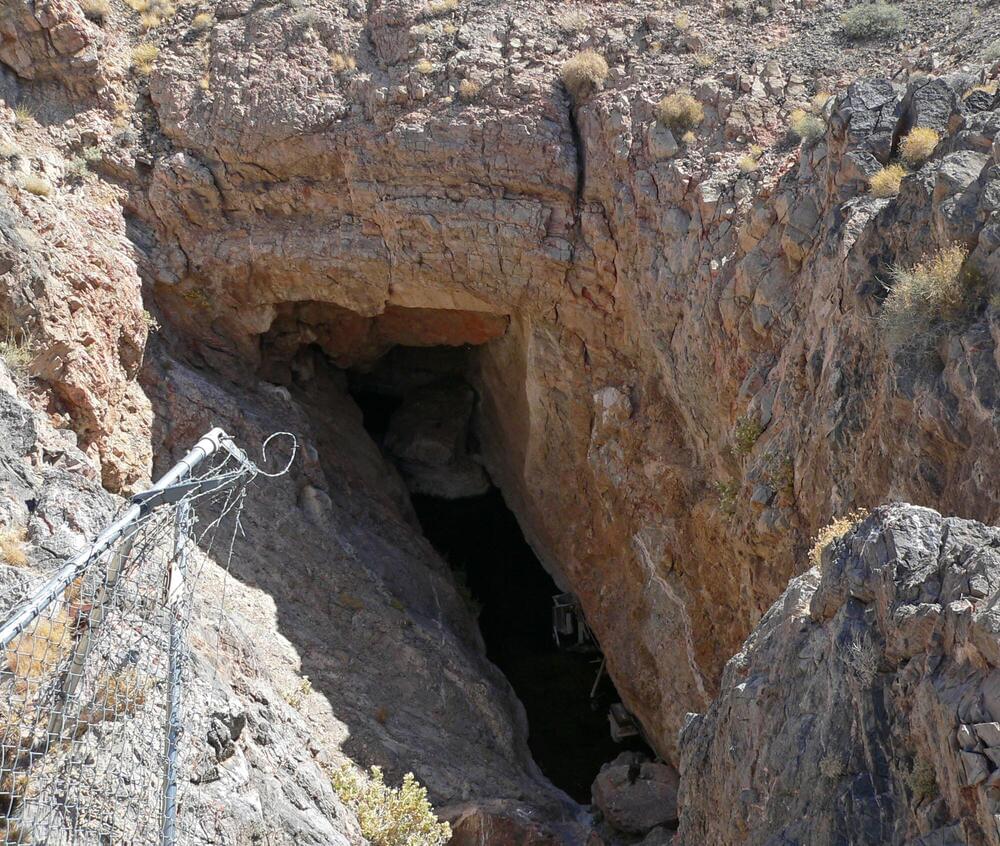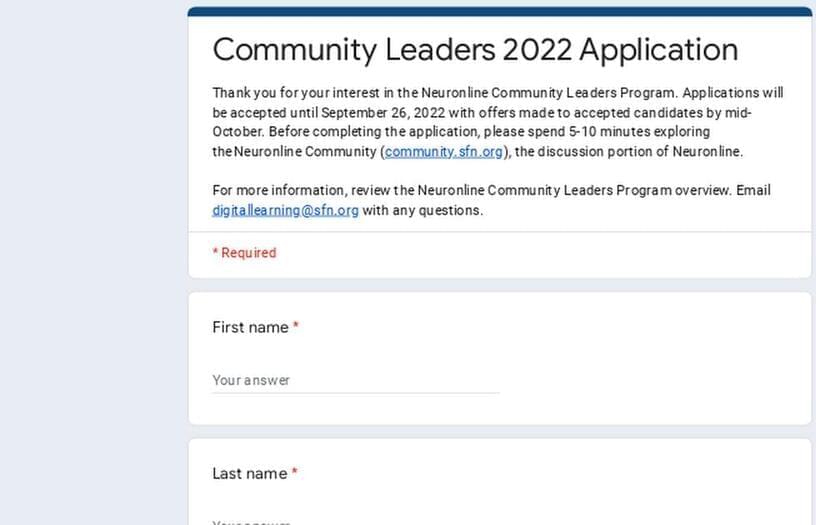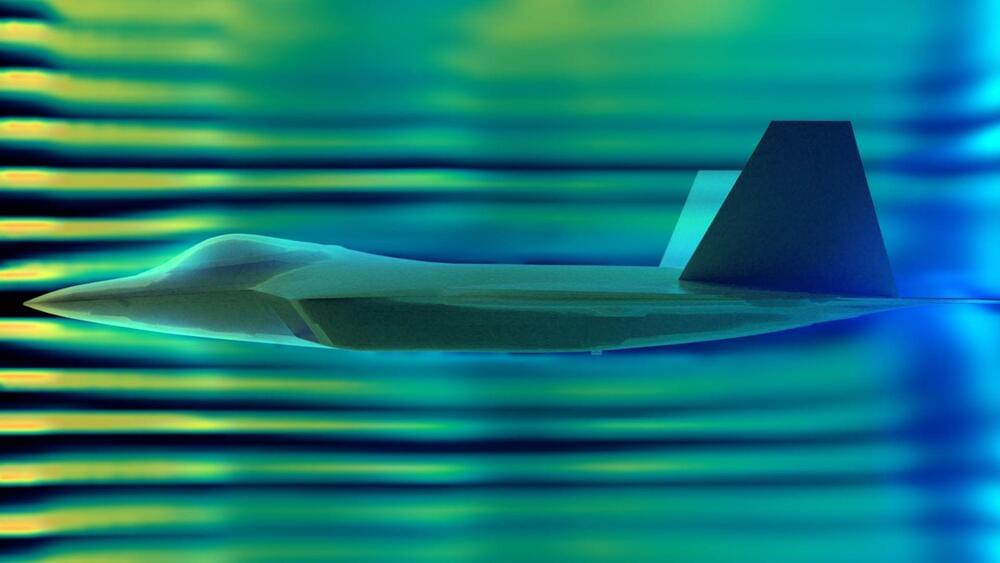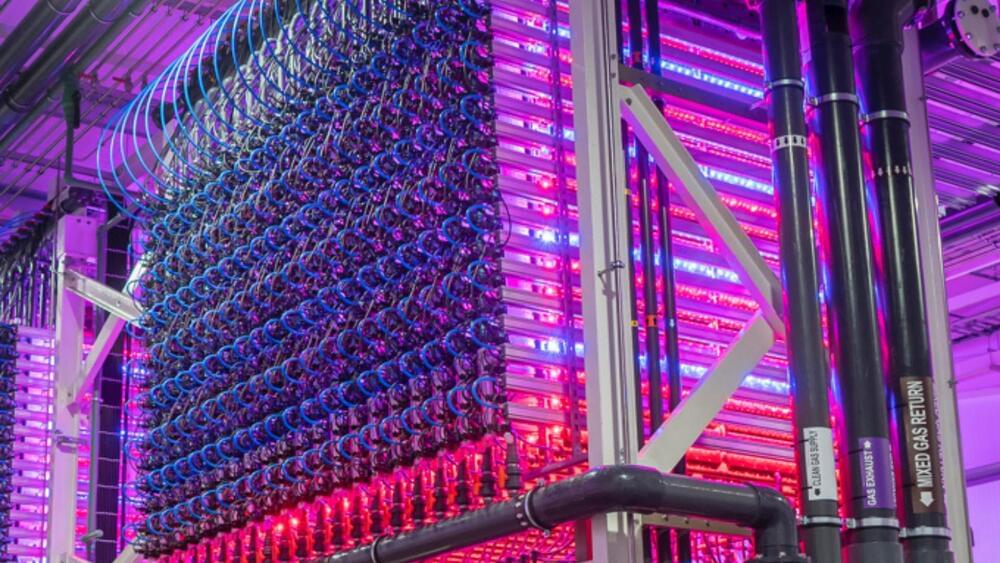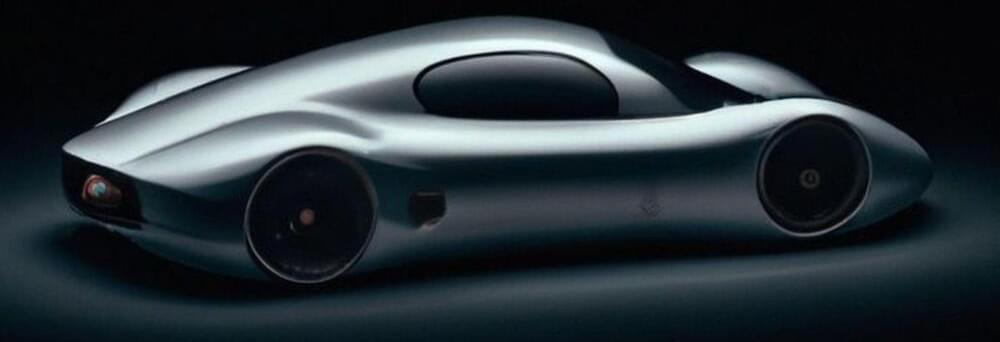About five minutes after the 7.6 magnitude earthquake hit near Mexico’s southwest coast Monday, typically calm water deep in a Death Valley National Park cave started sloshing against the surrounding limestone rock.
The reverberations from the earthquake more than 1,500 miles away created what experts have called a “desert tsunami,” which on Monday made waves erupt up to 4 feet high in the cave known as Devils Hole, a pool of water about 10 feet wide, 70 feet long and more than 500 feet deep, in Amargosa Valley, Nevada.
The water in the partially filled cave has become an “unusual indicator of seismic activity” across the world, with earthquakes across the globe—as far as Japan, Indonesia and Chile—causing the water to splash up Devils Hole, according to the National Park Service website.
